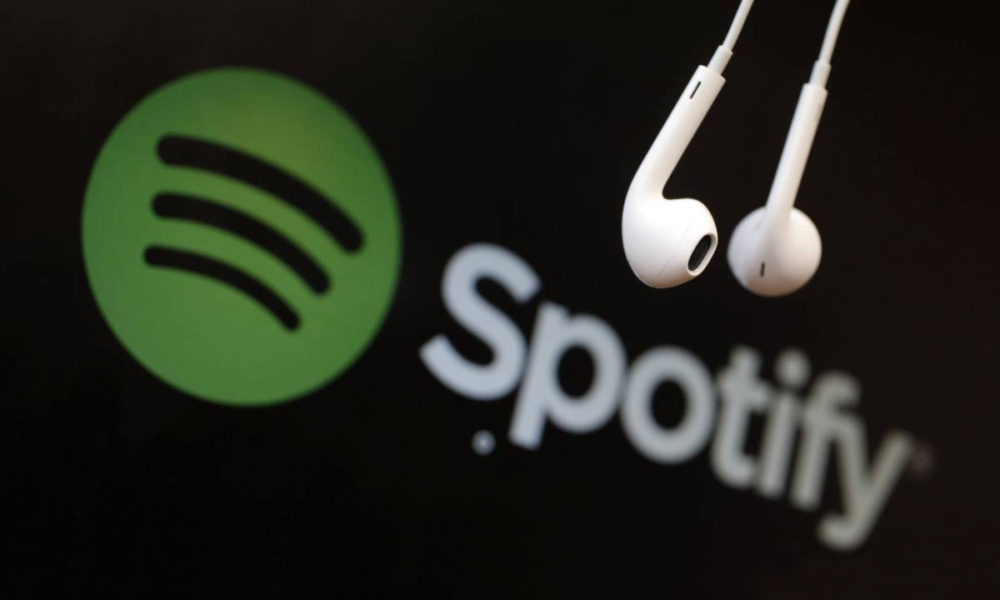The relationship between Apple and Europe at the institutional level is not going through the best of moments. On the contrary, Apple seems to be accumulating open queues on the old continent, without some of them seeming to show the light at the end of the tunnel to those in Cupertino. If we analyze the whole history of Apple, from its inception to the present, in Europe, there is no time when legal and regulatory pressure is so strong.
And the point is that, in addition to actions that are targeted at specific regions and countries, as in the case of the Netherlands, there are nothing less than the four queues that concern Apple to a greater or lesser extent. I am not talking, yes, about court queues, because in that case the account is reduced to one, but about market regulation measures that directly affect certain aspects of Apple, its facilities and its services. We will remember them quickly.
The first has to do with lightning connectorfacing Europe ‘s intention to set up a universal connector for devices. It is possible that Apple will first opt for a 100% wireless device to step back at this point and admit that iPhones must move to USB-C.
Right to repair is approaching reality throughout Europe. Apple has already taken some steps (or rather announced that it will take some steps) to adapt to a legislative framework that goes against planned obsolescence and aims to extend the life of equipment beyond its current level.
With the approval of the Digital Markets Act alternative shops and alternative payment systems Today, they are undoubtedly the biggest problem in Cupertino, the first rather than the second. And that’s what Apple has already verified in other geographic areas, such as South Korea, which may include third-party payment platforms. However, liberalizing the arrival of new iOS app stores that Apple no longer controls can lead to a more than substantial loss of revenue for the company.

And now we come to the fourth that concerns us in this report, which has its origins in 2019, when Spotify condemned the European institutions. a disadvantage faced by prepaid music streaming services against Apple in respect of their payments through Apple’s payment system.
Spotify’s approach is relatively simple and has been useful to the European institutions from the very beginning. Spotify argued that since all services that use this modality must pay a commission to Apple, Apple Music owns the streaming music service, has more favorable conditionsAlthough Apple Music has to pay an App Store commission, this amount will also end up at the box office of those in Cupertino.
Thus, two services that compete in the same sector and with the same price, 9.99 euros per month, will not enter the same. Spotify and any other service will see that part of this 9.99 euros will go to Apple’s commission, so their income will be lower. However, Apple can charge 9.99 euros if it knows 100% of that income will go to your accounts.
In this context, last year The European Commission has accused Apple of distorting competition in the music streaming services market through restrictive rules in the App Store, which forces developers to use their own payment system in the application and prevents them from informing users about other purchasing options. This is nothing new, and although Apple talked about it, it is something that is practically obvious.
Surprisingly, according to Reuters another fee could be announced in the coming weeks this would add up to this cause and subsequently make it even more complicated for Apple. The reason for her being is unknown and it is unlikely to be related to the new law on digital marketsbecause after its approval, companies still have a two-year adjustment reserve.
Therefore, and without stakeholder statements in this regard, we must bear in mind that companies found guilty of infringing the European Union’s antitrust rules may face penalties of up to 10% of your worldwide turnoverwhich are also accompanied by an obligation to refrain from such practices.
